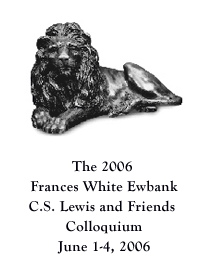Chesterton's For Four Guilds continues apace. We come now to those venerable mediators, the bridge-builders.
II. The Bridge-Builders
In the world's whitest morning
As hoary with hope,
The Builder of Bridges
Was priest and was pope:
And the mitre of mystery
And the canopy his,
Who darkened the chasms
And domed the abyss.
To eastward and westward
Spread wings at his word
The arch with the key-stone
That stoops like a bird;
That rides the wild air
And the daylight cast under;
The highway of danger,
The gateway of wonder.
Of his throne were the thunders
That rivet and fix
Wild weddings of strangers
That meet and not mix;
The town and the cornland;
The bride and the groom:
In the breaking of bridges
Is treason and doom.
But he bade us, who fashion
The road that can fly,
That we build not too heavy
And build not too high:
Seeing always that under
The dark arch's bend
Shine death and white daylight
Unchanged to the end.
Who walk on his mercy
Walk light, as he saith,
Seeing that our life
Is a bridge above death;
And the world and its gardens
And hills, as ye heard,
Are born above space
On the wings of a bird.
Not high and not heavy
Is building of his:
When ye seal up the flood
And forget the abyss,
When your towers are uplifted,
Your banners unfurled,
In the breaking of bridges
Is the end of the world.
===
Part three (Stone-Masons) will come tomorrow, of course.
IN OCTOBER
6 years ago


